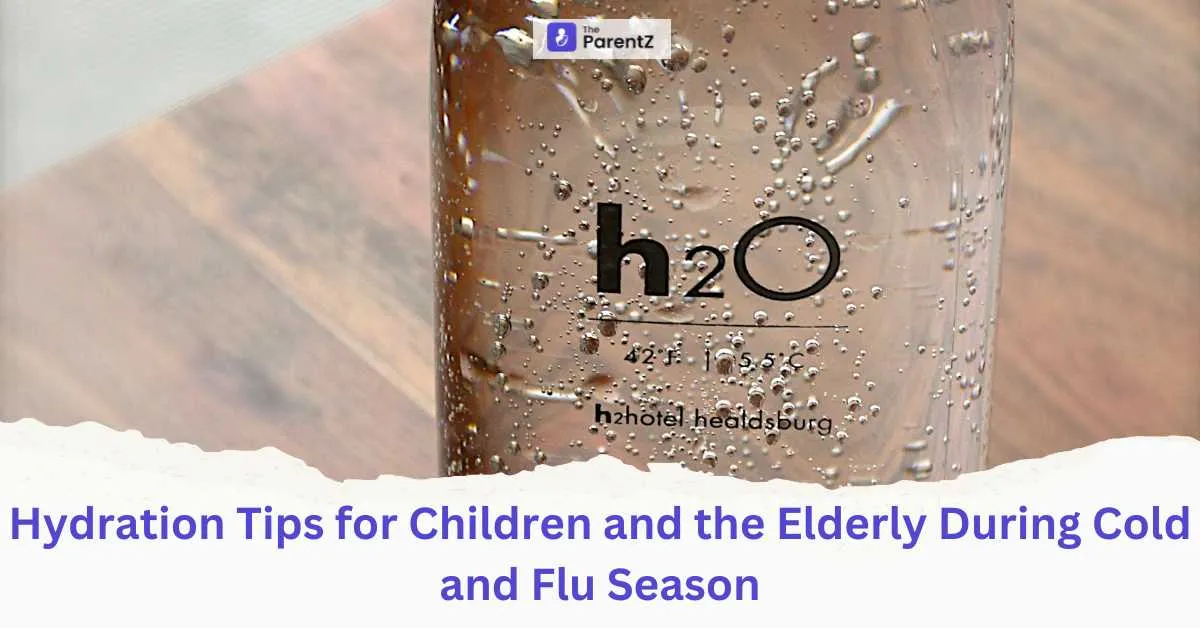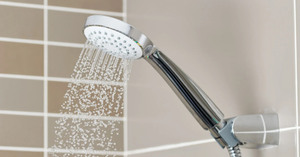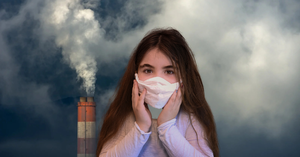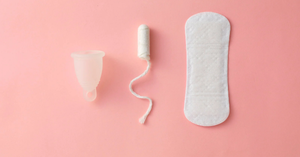The cold and flu season can be particularly challenging for children and elderly individuals, who are more vulnerable to dehydration. Proper hydration is a key factor in managing illness and promoting recovery. This article offers specialized hydration advice to help caregivers and family members support the health of children and the elderly during times of sickness.
The Critical Importance of Hydration During Illness
How Proper Fluid Intake Aids Recovery
Maintaining adequate hydration when ill is essential for several reasons:
- Temperature Regulation: Fluids assist in controlling body temperature, which is crucial when fevers are present.
- Enhancing Immune Function: Sufficient hydration improves blood circulation, enabling immune cells to reach infection sites more effectively.
- Easing Respiratory Symptoms: Hydration helps to thin mucus secretions, reducing congestion and making breathing easier.
- Preventing Dehydration Complications: Adequate fluid intake prevents dehydration, which can worsen symptoms and lead to additional health issues.
Increased Vulnerability to Dehydration
- Children: With their smaller body size and higher metabolic rate, children can lose fluids rapidly through fever, vomiting, or diarrhea and may not express thirst effectively.
- Elderly: Aging often diminishes the sense of thirst, and medications or chronic health conditions can affect fluid balance, increasing the risk of dehydration.
Hydration Tips for Children
Recognizing Dehydration in Children
Be attentive to signs such as:
- Dry mouth and lips
- No tears when crying
- Fewer wet diapers or decreased urination
- Sunken eyes or cheeks
- Unusual sleepiness or fussiness
Recommended Fluids
- Oral Rehydration Solutions (ORS)
- Breast Milk or Formula
- Clear Broths
- Diluted Fruit Juices
- Water
Tips to Encourage Fluid Intake
- Offer Fluids Regularly: Give small amounts frequently throughout the day.
- Make It Fun: Use colorful cups or straws to make drinking more appealing.
- Flavor Enhancements: Add a splash of juice to water for taste.
- Set a Routine: Establish regular times for drinking fluids.
- Lead by Example: Drink fluids together to encourage imitation.
Fluids to Avoid
- Caffeinated Beverages: Can lead to increased fluid loss and are not recommended for children.
- Carbonated Drinks: May cause discomfort or gas.
- Sugary Drinks: High sugar content can worsen symptoms like diarrhea.
Hydration Tips for the Elderly
Recognizing Dehydration in the Elderly
Common indicators include:
- Dry mouth or tongue
- Decreased skin elasticity
- Dizziness or confusion
- Reduced urine output with darker color
- Fatigue or weakness
Recommended Fluids
- Water
- Herbal Teas
- Broths and Soups
- Electrolyte Solutions
- Milk or Milk Alternatives
Tips to Encourage Fluid Intake
- Set Reminders: Use clocks, notes, or alarms as prompts.
- Use Appropriate Drinkware: Cups with handles or straws can be easier to use.
- Monitor Consumption: Keep a daily log of fluid intake.
- Offer Preferred Beverages: Favor drinks they enjoy to encourage more frequent intake.
- Provide Assistance: Help with pouring or holding cups if needed.
Fluids to Avoid
- Caffeinated Drinks: May increase urination and lead to dehydration.
- Alcohol: Can interfere with medications and exacerbate dehydration.
- Sugary Beverages: May affect blood sugar levels and are not ideal for overall health.
General Tips for Caregivers
- Consult Healthcare Providers: Before introducing new fluids, especially if there are existing health conditions.
- Be Mindful of Medications: Some drugs can affect hydration levels.
- Adjust for Dietary Needs: Consider any restrictions related to sodium, sugar, or other nutrients.
- Ensure Comfort: Create a pleasant environment to encourage fluid intake.
- Practice Patience: Gentle encouragement can help overcome reluctance to drink.
When to Seek Medical Attention
For Children
- Persistent vomiting or diarrhea
- Inability to keep fluids down
- Signs of severe dehydration
- High fever lasting more than two days
- Unresponsiveness or extreme lethargy
For the Elderly
- Sudden confusion or disorientation
- Rapid weight loss
- Dizziness leading to falls
- Persistent high fever
- Difficulty breathing or chest pain
Conclusion
Proper hydration is a fundamental aspect of caring for children and the elderly during cold and flu season. By recognizing the signs of dehydration and proactively providing suitable fluids, caregivers can significantly enhance recovery and comfort. Tailor hydration strategies to individual needs, and don't hesitate to consult healthcare professionals with any concerns. Through attentive care and informed choices, we can help our loved ones navigate illness more safely and comfortably.








Be the first one to comment on this story.